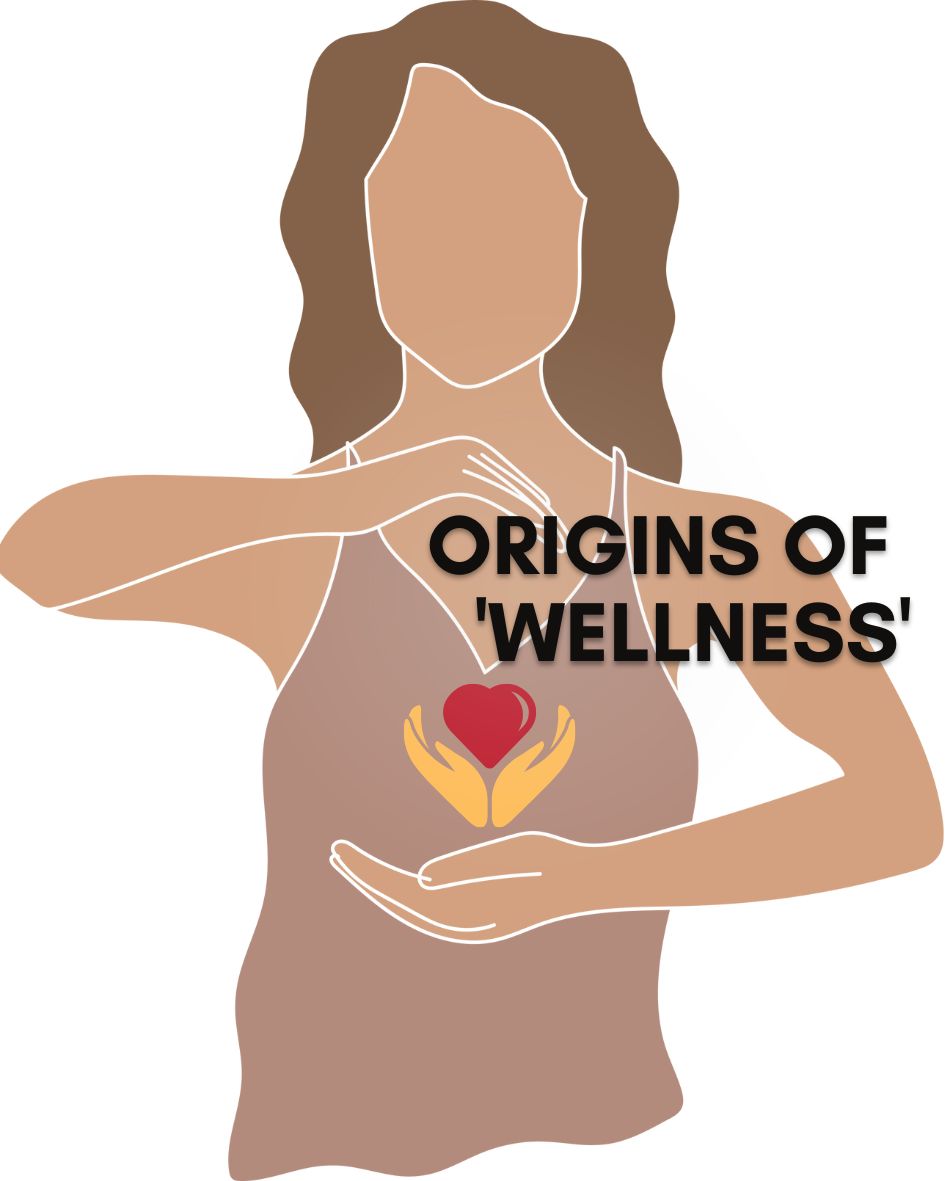- Home
-
Qualifications
- Diploma in Nutrition and Health Coaching
- Womens Health and Wellness Coach Certification
- Certified Coaching Professional Program
- Diploma in Coaching for Lifestyle & Wellbeing Management
- Holistic Wellness Coaching Program
- The Ultimate Triple Qualification
- Health Coaching Electives
- Wellness Coaching for Professionals
- Coach Gap Training
- Professional Certificate in Meal and Menu Planning
- Accreditation, Registration & Insurance Options
- Degree & Diplomas
- Short Courses
- Testimonials
- Enrol
- FAQs
- About
- Contact
- Login
- Things We Do
The Early Origins of the Wellness Concept “Wellness” – a modern word with a very old history. The concept of wellness dates back to 3000 BC. Here we will take a look at the very early origins of the concept of wellness. The Global Wellness Summit defines “Wellness” as – “the active pursuit of activities, choices and lifestyle that lead to a state of holistic wellness”. So let's take a quick look at the early influences and the leaders in wellness, who got us to where we are today - and we thank them!
The 19th Century During this era there is a proliferation of change with new intellectual movements, medical practices and spiritual philosophies. The focus became self healing and a number of new alternative health care methods arose, these included:
1790's - German physician Christina Hahnemann develops homeopathy. 1860's - German priest Sebastian Kneipp introduces his "Kniepp Cure". Hydrotherapy combined with herbalism, exercise and nutrition. 1880's - Swiss physical Maximilian Bircher-Benner pioneers nutrimental research, advocating a balanced diet of fruits and vegetables. At the same time the YMCA lunches the first wellness organisation, based on developing mind, body and spirit. 1890's -Daniel Palmer developed chiropractic. 1990's - John Harvey Kellogg tells the world "a healthy diet, exercise, fresh air and hydrotherapy" are what we need in learning to stay well. 1910's - A low point where the Carnegie Report critiques North America's medical education system for lack of scientific rigour and standards. This resulted in most alternative systems being dropped from mainstream medicine. The 20th Century Things get serious, from 1980 - 2000 the wellness movement begins to gain momentum. Wellness is taken more seriously by corporate, medical and academics. Government start to fund projects and programs aimed at and promoting a healthier lifestyle. Later in the 20th Century, man major corporations began developing workplace wellness programs. Industries like the fitness and spa business experienced rapid growth. Celebrities got on board and endorsed and espoused the benefits of wellness and associated concepts. However, even with all the developments and endorsements, this momentum was not yet termed or joined under the banner of a "wellness industry". The 21st Century In the 21st century, the global wellness movement and market reached a dramatic tipping point: fitness, diet, healthy living and wellbeing concepts and offerings are available everywhere and anywhere. There is now a wellness concept in every industry from travel, to food and beverages. By 2014 more than half of the world's employers were using health promotion strategies and investing in health and wellness programs. "Wellness" becomes a household word. 2008 - Bhutan includes in their constitution "The State shall strive to promote those conditions that will enable the pursuit of Gross National Happiness." 2011-2018 - New tax laws introduced on soda.sugar drinks. 2014 - Worlds first annual World Happiness Report was released, it still continues to this day. Today wellness is a household term and a wellness expenditures are around $7.3 trillion, the wellness industry represents 5.3 percent of global economic input and the market is growing at about 6.5% annually. Not to mention the impact wellness has on our lives, reducing disease and global problems like obesity and reducing our reliance on traditional medicine. Well College Global Concept - Global Wellness Summit
0 Comments
Leave a Reply. |
AuthorsBev Whyfon; Bev's Healthy Food Archives
July 2024
Categories
All
|
|
CONNECT WITH US
|
- Home
-
Qualifications
- Diploma in Nutrition and Health Coaching
- Womens Health and Wellness Coach Certification
- Certified Coaching Professional Program
- Diploma in Coaching for Lifestyle & Wellbeing Management
- Holistic Wellness Coaching Program
- The Ultimate Triple Qualification
- Health Coaching Electives
- Wellness Coaching for Professionals
- Coach Gap Training
- Professional Certificate in Meal and Menu Planning
- Accreditation, Registration & Insurance Options
- Degree & Diplomas
- Short Courses
- Testimonials
- Enrol
- FAQs
- About
- Contact
- Login
- Things We Do





 RSS Feed
RSS Feed
